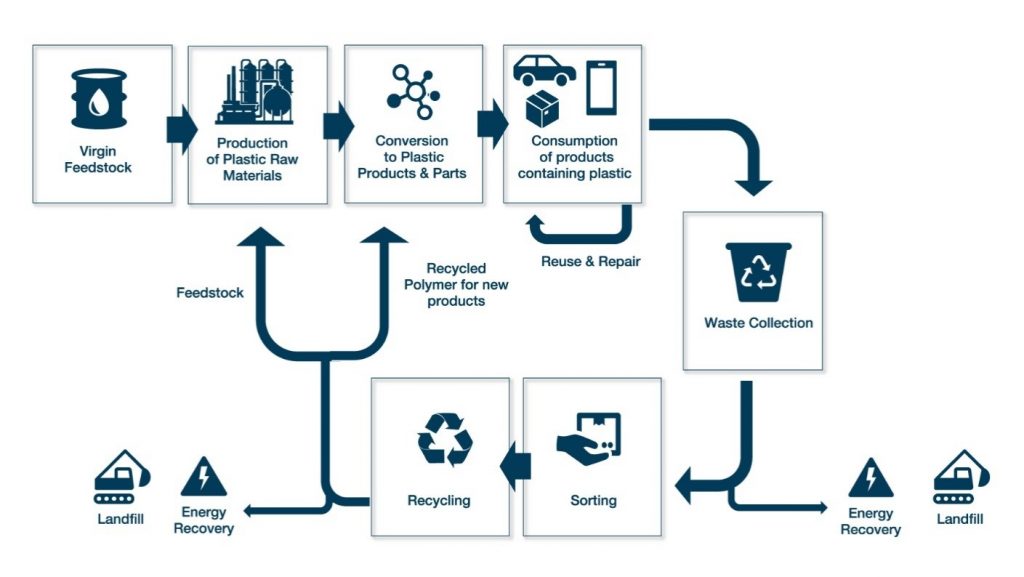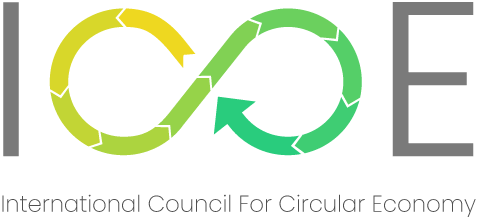Environment, Climate Change and Atmanirbhar Bharat – The Way Forward
The year 2020 has been one that has set everyone thinking and acting like never before. Nothing seems to have changed, yet everything has changed suddenly. The term of the year is ‘NEW NORMAL’ and it has affected everyone like never before. Albert Einstein had once said, “The environment is everything that isn’t me.” How true he was and is but when we think of 2020, suddenly everything changed.
Green Jobs and Rebooting Energy Mix: Energy expenditures for the large energy-consuming countries have been significantly reduced due to the collapse of oil prices. For example, every $4 decrease in the commodity prices leads to about $5 billion in import bill savings for India which is the world’s third-largest energy consumer. India can now use these savings to reinvest in a more diversified renewable energy and low carbon transport system such as electric mobility.
Regulated Use of Plastics: The arrival of the Covid-19 pandemic has increased the dependence on plastic-based health care equipment and protection kits as these are the need of the hour. Proper disposal of bio-medical waste is already a norm being enforced effectively by the government. Authorities have taken concrete initiatives in curbing plastic manufacturing and engorged recycling material through various regulations. It is time new material research with less toxicity level to the environment is promoted under government policies.
The plastics industry, by its history, versatility, and capacity to innovate, already plays a crucial role in supporting sustainability and the circular economy concept in various sectors. Some of the most important contributions are in the transport, construction, and food industries. Lightweight vehicles make the transport sector more fuel-efficient (every 10% of weight reduced in vehicles enhances lifetime fuel efficiency by 6-8%) and reduce greenhouse gas emissions by about 30%. At the same time, high performance and long-lasting insulation products help save energy in the construction sector and plastic packaging ensures food safety and reduces food waste (for e.g., bananas wrapped in plastic packaging have a longer life by 21 days).
Innovation in product design for reusability, recyclability, and recovery-
- Favorable regulations and standards for environmental benefits and sustainable growth
- Skills upgrade and digitalization
- Efficient waste management and infrastructure
- Agile and efficient supply chains
- Establishment and regulation of the market for secondary raw materials
- Collaboration across and integration of value chains
- Education and awareness among key stakeholders
Supporting the growth and sustainable development of the industry will help create awareness and showcase the opportunities within the circular economy to extract greater value and maximize the use of products and applications once they reach their end of the intended purpose.
Government programs on plastic reduction that are based on a circular economy with ‘extended polluters’ responsibility’ principle and new sustainable materials could lose ground if they aren’t tied to the core purpose of a business on verge of economic recovery. Recycling and waste management industries are already under stress, though in some cases supply bottlenecks could push the companies to explore new materials. The recent economic stimulus given to micro small and medium enterprises must also have a focus on recycling and upscaling of product digitization of the waste management industry besides the use of artificial intelligence (AI). AI will play an important role in waste management to improve the quality of the systems in the days to come.
Technology plays an important role in waste management today. This is because progressive digitization is helping substantially optimize waste collection processes and recycling activities. An example of this is the manner in which digitization has worked its way into all the areas of industrialized life. One can see how it is now hard to imagine life at work or at home without smartphones. Many industrial applications are already operating digitally and in networks. The cloud plays an important role in this, as it enables data, resources, and applications to be used while being more connected than ever before. All this provides opportunities for companies to become successful on a global scale.
The waste disposal industry, for instance, is facing major challenges all around the world. Due to increasing industrialization worldwide, globalization of trade and the associated rise in wealth, more waste is being generated today than ever before. Shrinking packaging sizes, increasingly complex packaging and particularly functional composite packaging are all significant factors to understand. As a result, the work of disposal companies is becoming increasingly extensive, complicated and expensive.

Source: Plastics Europe
At the same time, the competition between the waste disposal companies is due to the waste hierarchy which was established many years ago and is now being rigorously put into practice. A circular economy has already become a reality in many areas. In an increasingly networked industry, this means that any disposal which may be necessary at a later date needs to be taken into account in the initial design and then carried out accordingly.
Producers of plastic packaging are also involved with their commitment to preventing the disposal of plastic waste in the sea. Industries such as metal, glass or paper production which already collect and recycle valuable materials to control and ensure their own supply of raw materials are also affected.
The digitized world of work enables companies and public authorities within this environment to provide increasingly better services for their customers and society. India has seen many startups in the waste management system. There are young entrepreneurs who take the help of technology to manage the waste and systems. Better logistics of the vehicles for picking up the waste and task back programs are in place now.
One such example is that of a company called Recykal.com that is bringing the digital revolution to waste management and recycling while creating transparent and traceable loops for materials. Young entrepreneurs are upscaling the end of life products and making bricks from multilayer film packets.
Some of the global companies like Gemini Incorporated are creating micro-entrepreneurs by formalizing the small ‘kabadiwalas’ by giving them baling machines, finance and buying the sorted and baled materials. GDB International from the USA that is working with USA Plastic Associations and the government there to increase recycled content in certain products so as to encourage the recycling industry is another such example.
Shakti Plastic Industries, a well-known name in Indian plastic recycling, is encouraging and supporting young entrepreneurs to come up with upscale products while mentoring them. The company Lucro.in has an aim to popularize the recycling culture. Its Plast-e-Cycle addresses three core areas – protecting the environment by reducing plastic waste reaching landfills and oceans, developing the community by creating opportunities for rag pickers and dormant factories and progressing businesses by manufacturing innovative and environmentally friendly products.
It is time for collaboration and work for the circular economy and not a competition as the issues of environment and climate change have become far more serious as we move ahead. Though there are many hurdles, the plastic waste management industry is maturing. The efforts of the government in creating favorable policies and guidelines, initiatives by Niti Aayog, MSME interventions, initiatives by the people, designers, big brand owners, NGOs, technology experts are laudable. With such collaborations, India can surely Atmanirbhar (self-reliant) in plastic waste management. Resources are limited, but the efforts needed are unlimited
Climate change is getting attention as never before and the efforts in dealing with the same also have increased and the commitment for a better future depends on our actions today so that our future generations can lay claim to a better tomorrow more exciting and brilliant than our past……
Sameer Joshi, has done his Ph.D. in plastic waste management and is a Guinness book world record holder for the world’s largest T-shirt from plastic waste in 2018. He works in the field of plastic recycling and circular economy.

Reference- https://www.gpca.org.ae/2020/11/15/how-a-circular-economy-for-plastics-can-help-the-gcc-realize-its-sustainability-potential/
